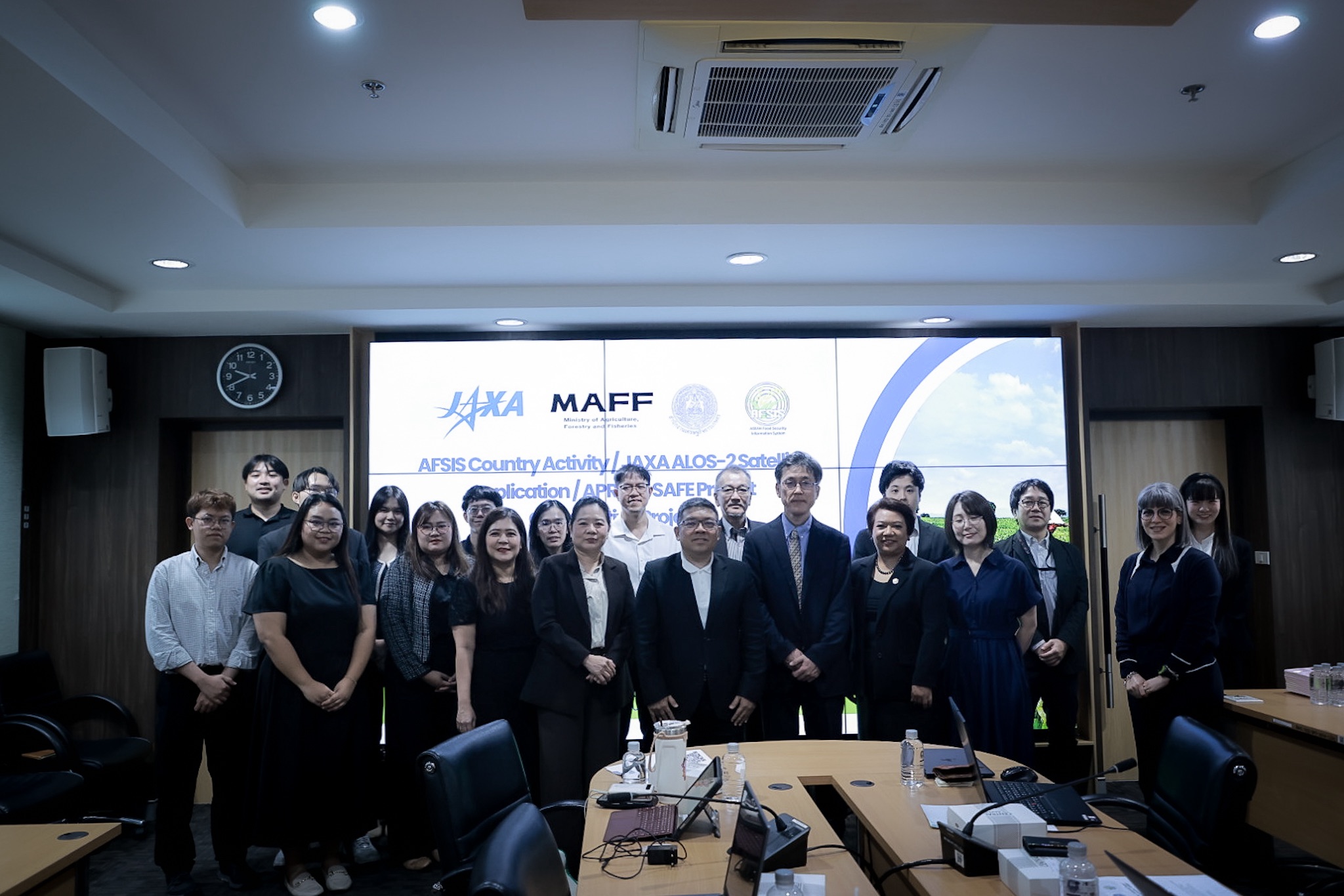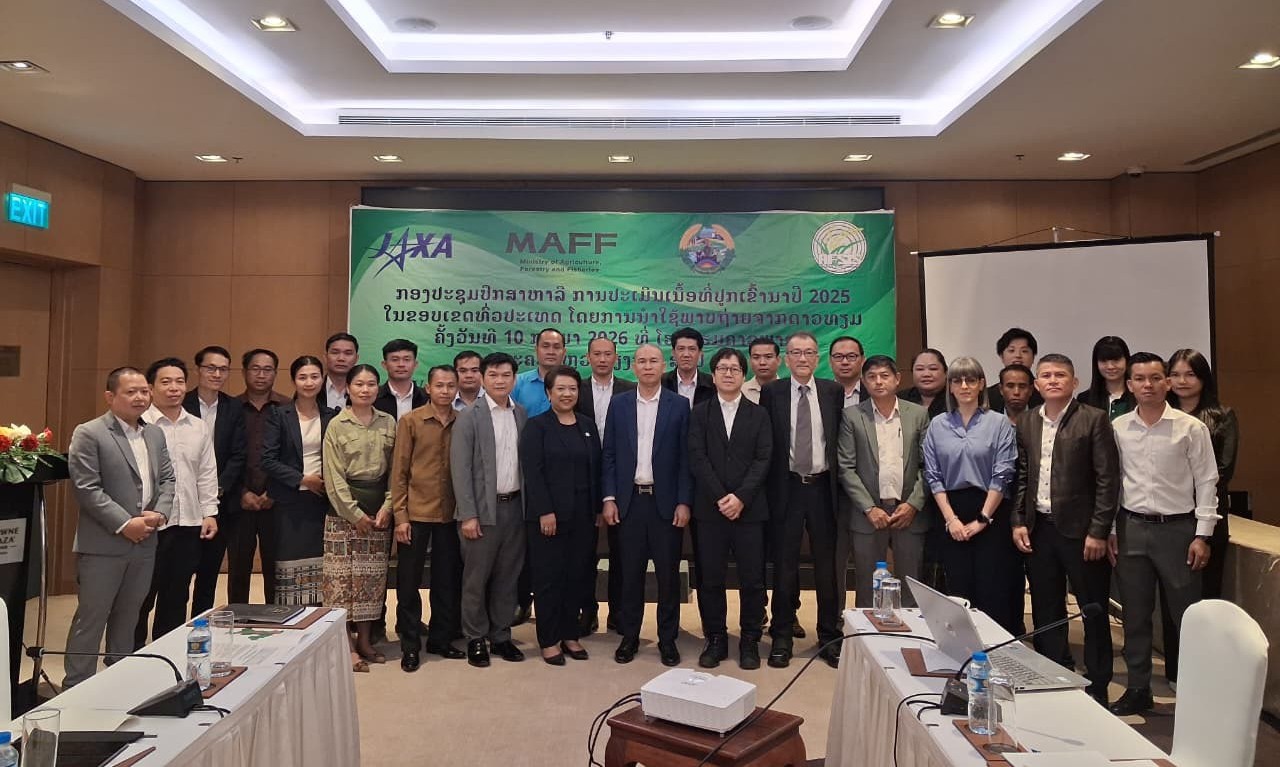
The ASEAN Food Security Information System (AFSIS) in cooperation with theRemote Sensing Technology Center of Japan (RESTEC) and Japan Science and Technology Agency (JST) organized the Japan Asia Youth Exchange Program in Science or “Sakura Science Program 2021”. The program objective is to improve human capacity, especially for young generation officers who will play a critical role in the field of science and technology in the future, for agriculture knowledge and its utilization through Japanese science and technology.
This time the program is designed in two stages with 15 participants from almost ASEAN Member countries, namely Brunei Darussalam, Cambodia, Indonesia, Lao PDR, Malaysia, Myanmar, Philippines, Thailand and Vietnam. The first stage is introduction of the program through online training on January 28, 2021 and February 4, 2021 due to the COVID-19 pandemic, and the second stage is actual visit in Japan in the second half of 2021.
In the open ceremony, the program was honored by Mr. Kaname IKEDA, President of RESTEC, and Dr. Waraporn Saelee, AFSIS Manager, to open the remarks. They highlighted the great cooperation and success in past several years in commitment to continue implementing the Sakura Science Program in conducting the training on the utilization of remote sensing technology for agricultural statistics and experiences in Japanese culture and technology.







On 12-13 February 2026, the AFSIS Secretariat, in collaboration with the Japan Aerospace Exploration Agency (JAXA), the Remote Sensing Technology Center of Japan (RESTEC), Ministry of Agriculture, Forestry and Fisheries (MAFF) Japan and the Office of Agricultural Economics (OAE), Ministry of Agriculture Cooperatives (MOAC), conducted a workshop conducted a workshop The Promoting Rice Planted Area and Production Estimation Using INAHOR and Space-based Technologies in Thailand at the Meeting Room 2, Innovation Building, 3rd FL, Office of Agricultural Economics (OAE)

The In-Country Workshop on Promoting Rice Planted Area and Production Estimation Using Space-based Technologies in Lao PDR was jointly organized by AFSIS Secretariat, JAXA, MAFF Japan, and MAE Lao PDR under the AFSIS-GIS and SAFE projects. The event was held in Vientiane with hands-on training on 9 February 2026 and a workshop on 10 February 2026.
.jpg)
On 13–15 January 2026, the Office of Agricultural Economics (OAE), Thailand, in collaboration with the Ministry of Agriculture, Forestry and Fisheries (MAFF), Japan, and the AFSIS Secretariat, conducted the 1st Meeting of Japan–Thailand Expert Dialogue on Agricultural Statistics. The meeting was held at the Office of Agricultural Economics and field survey activities in Chonburi Province.

On 3–4 December 2025, the ASEAN Food Security Information System (AFSIS) Secretariat participated in the ASEAN Plus Three Emergency Rice Reserve (APTERR) Table Top Exercise (TTX) held in Bandar Seri Begawan, Brunei Darussalam.